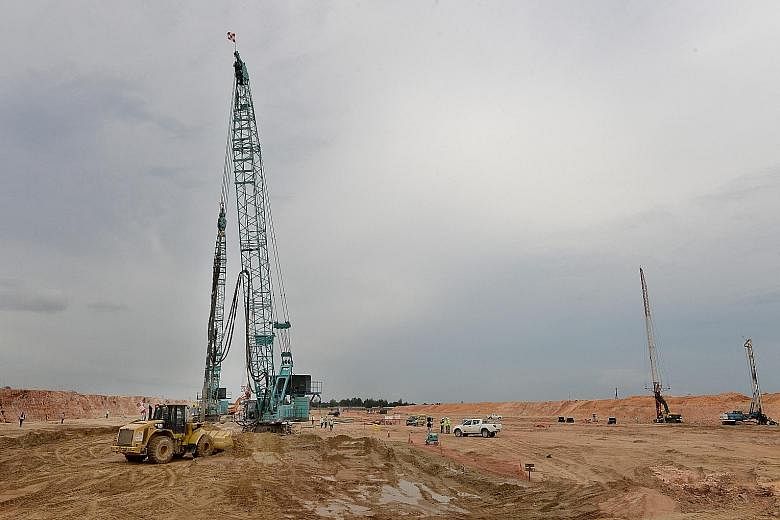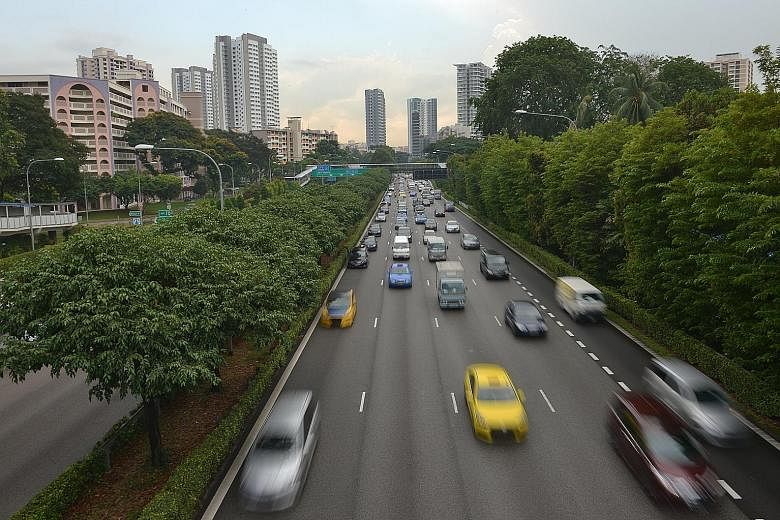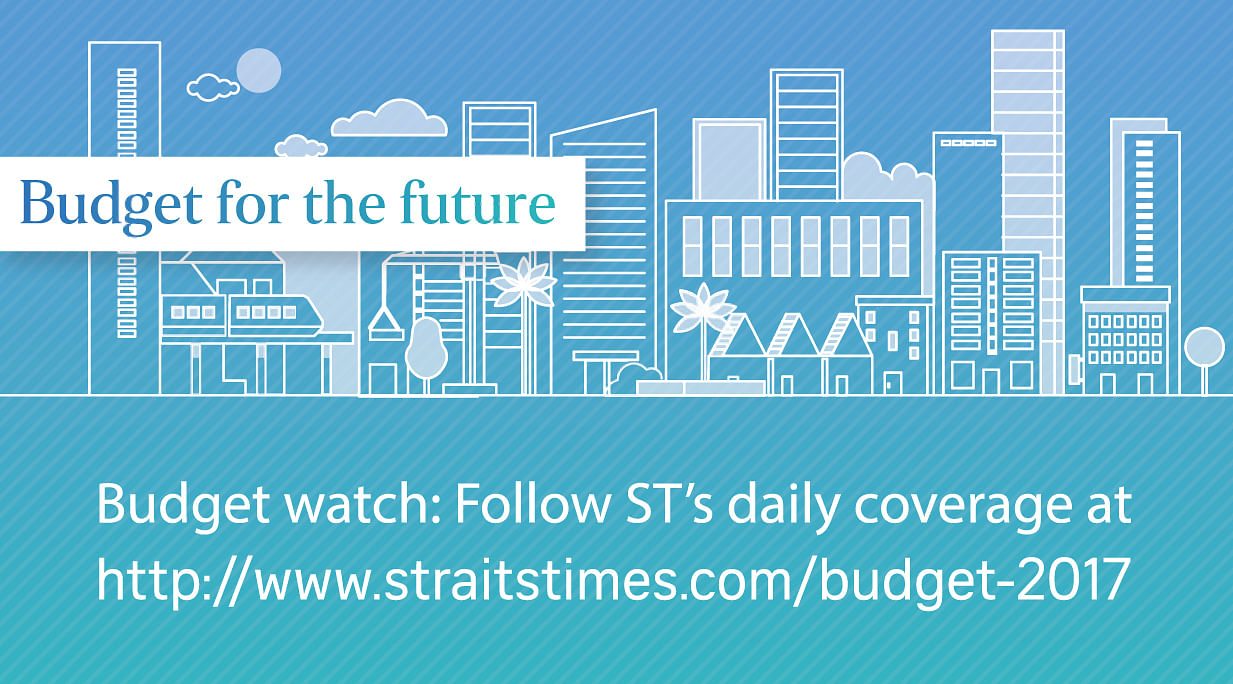The upcoming Budget will likely flesh out details for implementing the Committee on the Future Economy's (CFE) recommendations, especially those related to boosting innovation and helping workers acquire relevant skills, economists said.
The CFE's report also hinted that the tax system might be tweaked to make it more progressive and pro-growth - changes likely to be implemented over a few successive Budgets.
After more than a year of consulting over 9,000 stakeholders, the 30-member CFE unveiled its recommendations last Thursday.
Its report outlines - in seven strategies - how Singapore should remain open and connected, help workers acquire skills for the future, and build innovative companies making products and solutions for the world.
The Budget on Feb 20 is expected to contain some details on how these strategies will be implemented. It will give more support to small and medium-sized enterprises, start-ups and workers keen on upgrading their skills, said Maybank Kim Eng economists Chua Hak Bin and Lee Ju Ye.
OCBC economist Selena Ling agreed, noting: "Given the growing skills and jobs mismatch in the Singapore economy, there will be greater focus on the acquisition of deeper skills that will help workers stay relevant in an age of rapid technological change."
The emphasis on remaining open and connected means that public infrastructure investment is also expected to remain strong, said Dr Chua and Ms Lee.
This includes the upcoming port in Tuas, the Kuala Lumpur-Singapore High Speed Rail and Changi Airport Terminal 5.
However, social transfer schemes might take a pause this year after sharp increases in previous years, they noted.
The CFE's recommendation to review and refine the tax system might also be fleshed out this year and in subsequent Budgets, said economists.
This comes as the Government grapples with rising social spending and the need to earmark more funds to help workers cope with greater labour market uncertainty, said Credit Suisse economist Michael Wan.
Citi economist Kit Wei Zheng said: "The CFE recommendations clearly hint at higher taxes.
"While the current cyclical backdrop dictates that such measures would likely not be announced in Budget 2017, changes (are possible) in the next five to 10 years, with the timing dependent on the electoral cycle."
Possible tweaks include raising the goods and services tax, while mitigating the impact on lower-income households through direct transfers.
Hikes in personal income tax rates - with larger increases for those in the higher income brackets - might also be implemented, said Mr Kit.
But to retain the incentive to work, increases in wealth or asset taxes could be preferred to income tax increases, he noted.
"For example, property tax rates could increase, especially for investment properties. This could also be an argument to retain taxes related to property cooling measures," said Mr Kit.
Higher taxes on motor vehicles or on petrol are also possible, said Dr Chua and Ms Lee.
Still, even as revenues need to be raised, "the CFE report reiterates that the underlying principle is that of a broad-based, progressive and fair system that remains competitive and pro-growth", noted Mr Kit.




